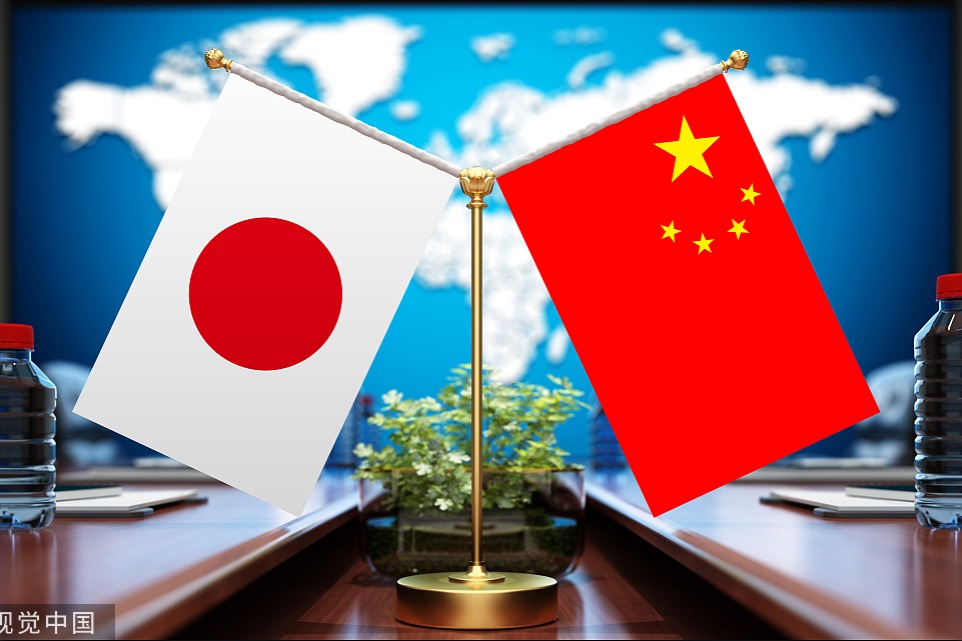Autonomy not just sitting on the fence: China Daily editorial

Indian Foreign Minister Subrahmanyam Jaishankar made some interesting remarks on Sino-Indian relations on Tuesday on the sidelines of the 79th session of the United Nations General Assembly during an event hosted by a think tank in New York.
He correctly pointed out that the two neighbors' relationship is "key to the future of Asia". But in saying that, the top Indian diplomat was not trying to present a rational analysis of how the two countries should responsibly manage their relations, but instead trying to justify New Delhi's sit-on-the-fence balancing act.
In response to China's rise, New Delhi has aligned more closely with Washington, joining the Quad, the United States-led security bloc that also includes Australia and Japan. At the same time, it is also a member of BRICS and the Shanghai Cooperation Organization, groupings that include China and Russia.
Jaishankar also rightly said there was no need for India to pick a side. "We chew gum and walk at the same time," he quipped when asked about taking part in the different groupings with competing powers.
New Delhi regards the Quad, a de facto US geopolitical tool integrated into Washington's China-containment strategy, as a means of leverage for India to pursue its interests in the Asia-Pacific region by working with the US and "like-minded" countries.
On the other hand, India benefits from its economic engagement with China, including getting huge trade and investment opportunities. Maintaining a working relationship with China also provides the country with avenues for diplomatic dialogue with the Global South that it would not otherwise have.
Because of this, India is not willing to go all-in with the US' China-containment strategy.
Jaishankar said, it was not "feasible to expect that big countries constrain their options and do not deal with other countries, not because of their interest but because somebody else has a problem with those countries".
But the Narendra Modi government is in denial if it thinks Washington won't demand its pound of flesh.
The US is aware that India is attempting to use it to counterbalance China's influence in the region and to gain access to advanced technology, but it expects to exploit New Delhi's agenda in service to its own by using India to strengthen the net of containment it is trying to draw around China.
In an apparent move to do Washington's bidding, two Quad countries, Japan and Australia, as well as New Zealand, carried out a naval display of force with a transit through the Taiwan Strait on Wednesday. The US is unlikely to let India just sit at the table of the US' strategy to contain China and let it steal the scraps. It will expect it to take part in the preparations and cooking of the meals. India will be made to pay more for its Quad membership.
True strategic autonomy is based on self-confidence. India's approach reveals its lack of it. The Modi government is only fooling itself if it thinks it is viewed as a trustworthy partner when its "strategic autonomy" is so clearly opportunistically calculated.
True autonomy means proactively undertaking one's global duties and working for the common good. That is what differentiates BRICS and the SCO from the Quad. India's autonomy slyly shirks its responsibility by linking hands with both China and the US, not with the intention of bringing them closer for the benefit of all, but only to gain what it can from both.
Genuinely striving to balance relations with the US and China in a constructive manner would allow India to deftly navigate the complex geopolitical landscape so it can pursue its economic and security interests to the best effect.
Instead, by engaging both powers in such an opportunistic way, the Modi government is merely undermining its position as a key player in the region as it is regarded as the "weak link" in the mechanisms by both Washington and Beijing.


































